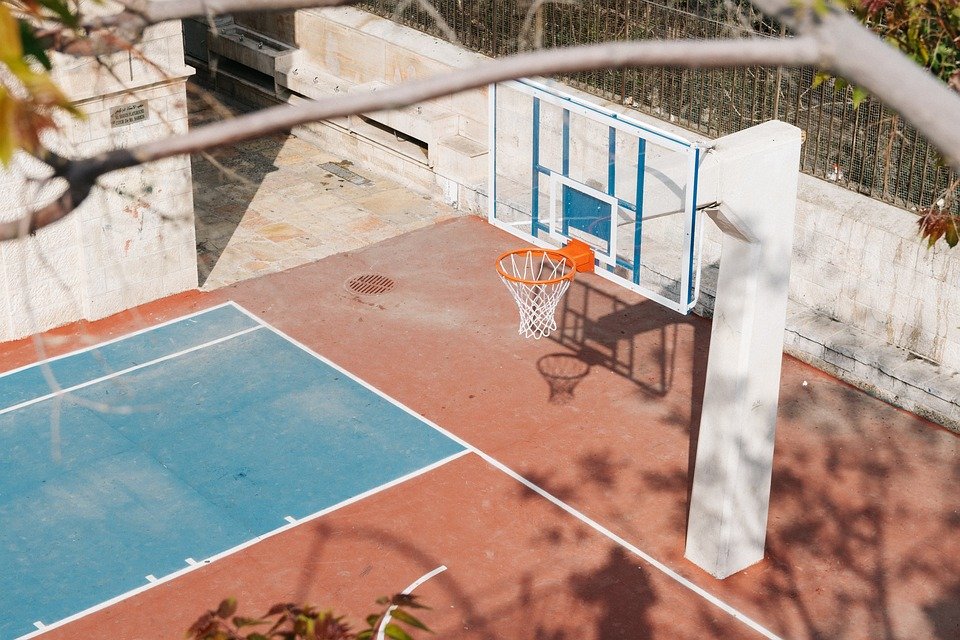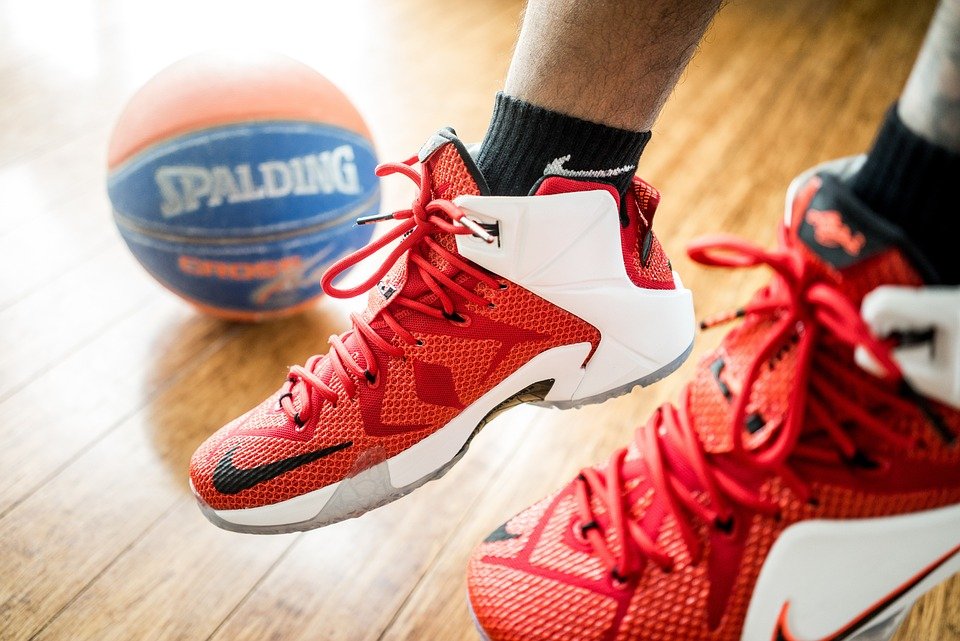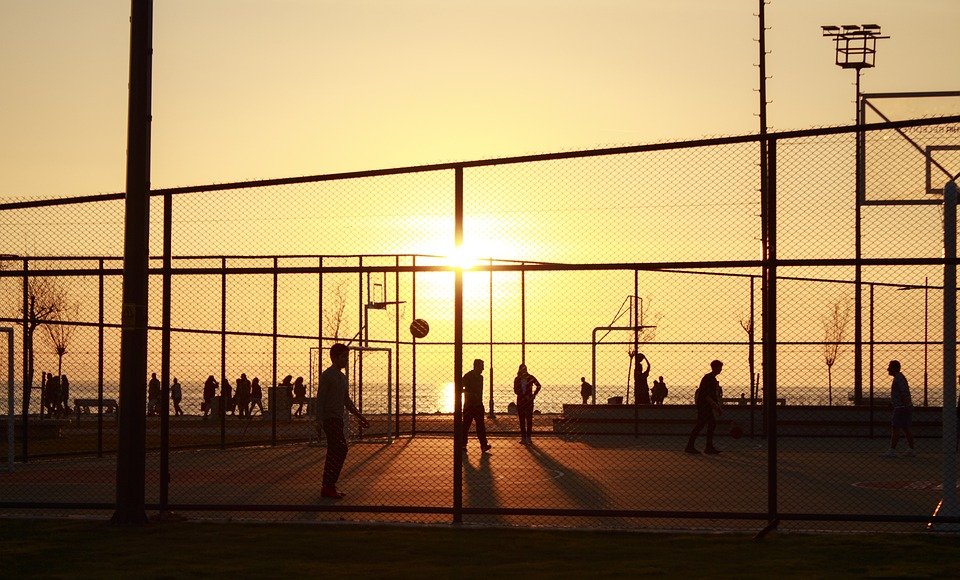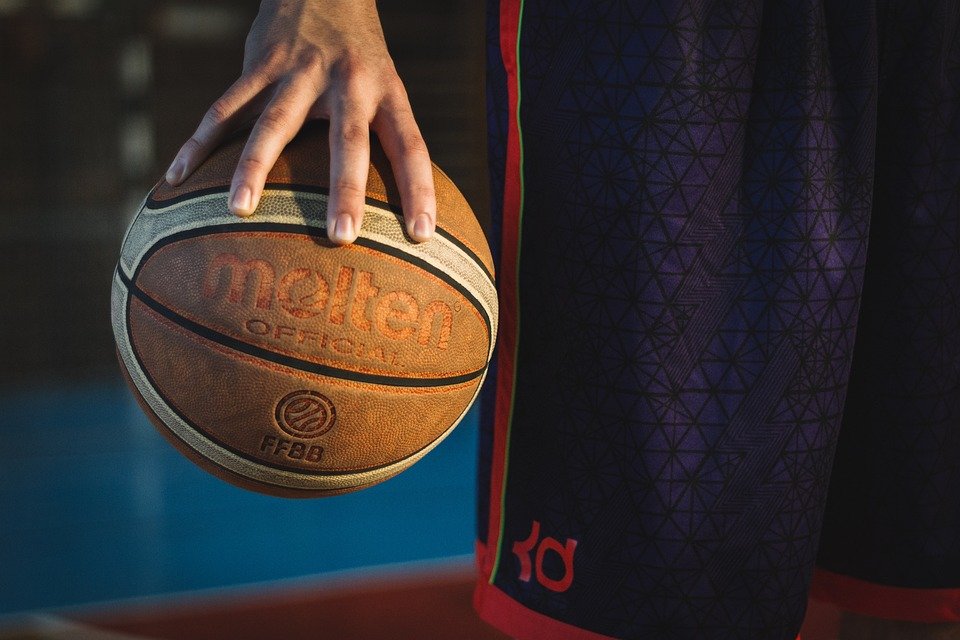31 ways to positively influence youth basketball

The foundation of basketball in our country has been developed and nurtured at the level of youth basketball. The quality of commitment and training at this level could dramatically change the overall health of basketball in the United States.
Those who coach young people have a fantastic opportunity to shape young people as students, players and youth. Personality and values, along with a sense of teamwork, listening and hard work are factors that establish a solid philosophy for youth coaches. Often, though, this important job is taken haphazardly and pursued with little effort and commitment. The result is a group of young men who are uninspired by the game of basketball and bring with them apathy and poor skill development.
At CoachRB, our goal is to facilitate and challenge young coaches to take their mission seriously and learn all they can before and during the coaching experience. We are here to guide and provide young coaches with the tools they will need to positively lead and develop young basketball players in our communities and in our country.
For those who give their all in coaching youth sports, our hats off to you. Countless hours and effort are used to enhance the skills and enjoyment of thousands of young players. The job you do can never be fully appreciated by those who never trained or played when you were young. Congratulations coach!
Outlines positive experiences in youth basketball and the coaches’ perspective
1. Develop your coaching philosophy
a. Determine the main reason for training.
B. Be flexible and adapt your philosophy to everyday learning and experiences.
c. The guys you train should be your top priority.
Dr.. Keep it very simple…… It’s true from youth to the NBA.
2. Communication with young people
a. Develop the art of communication with children. This skill will be the key to the achievement of your training and the pleasure of the child.
B. Watch the game through they Not your eyes.
c. Instructions should only be positive or constructive.
3. Work with parents
a. Being a leader means setting guidelines for parents and players. By doing this, you will reduce most of the potential obstacles with the parents.
B. Allow players and parents to share your policies and philosophies.
c. Consider the best interest of the child as if it were your own.
Dr.. Known “success” Share this with parents and children, and then work towards meeting that definition every day.
4. Developing the basics program
a. The best coaches know that the game is about passing, dribbling, shooting and teamwork And They can teach these to their players on a daily basis.
B. Teaching Essentials is a step-by-step process, every day.
c. return the Mastering the basics game Where players are tested on their ability to display the main fundamentals. By doing this, players will constantly work on passing, dribbling, shooting and teamwork. Why? Fact – NBA players aren’t even “masters” at gaming fundamentals, so why do we think kids are?
Dr.. You always sacrifice core work and solid workouts for games. We play a lot of games in our country at young ages.
5. Create a positive and energetic practice environment
a. Share your training goals with the players before each training session.
B. Design simple, single-purpose workouts that involve all players.
c. Keep the workout short and to the point, and mix in a core focus with 2-on-2, 3-on-3, 4-on-4.
Dr.. Use the practice checklist to help organize your practice.
H. End the practice by discussing the results of the day’s goals.
6. Game time – teach life lessons
a. Games for kids, period. Make this your goal and you will greatly improve your chances of enjoyment, fulfillment, and success.
B. Set a playtime in advance and stick to it while you play.
c. Attack – If your players can pass, dribble and shoot, then they can play. Design an offense that has spacing and movement oriented rather than play oriented. Coaches undermine the entire “plays” experience. Leave the fancy plays and strategies for the older kids.
Dr.. Defense – teach the players to run, point to the player they are guarding. You must properly teach the players the concept of “staying between your leg and the ball”.
H. Teach the players to get into the game and run out of the game.
F. Meet your team before and after the game off the ground. Talk about how great the opportunity is to play and remember the basics of the game. Teach lessons that will stay with these young people for life.
They may not remember you in 30 years, but they will What did you teach them!
7. Evaluation — pre- and post-season
a. One of the biggest mistakes coaches make is avoiding this crucial opportunity to help your players.
B. Before the season, rate each player against a list of skills that will be taught during the season. Do it in great detail because it will pay off later. Share this with the kids and their parents so they know where you’ll see them before the season starts.
c. Use this information to remind players of areas for improvement as they gain skills and confidence during the year.
Dr.. After the season, rate each player the same way you did before the season. Here is where the kids get excited. Their improvement in many areas will prove to them what their hard work, listening, and attitude have done for them. Parents will also greatly appreciate your efforts to show each player improvement. Also show areas of improvement that they can address themselves in preparation for next season.
H. You’d be shocked at home that so many junior, high school, college, and professional coaches miss out on this golden opportunity. This may be your greatest contribution to the lives of your basketball players.
Coaches, I encourage each and every one of you to put on heart and soul in your training. A good youth coach knows it’s a hundred times more about connecting with the youth and keeping it simple than it ever is about fancy plays, bad habits, or winning!It’s called youth basketball for a very good reason. It’s not about the coach, the W, the parents, or anyone’s ego…………..it’s all about the kids!



